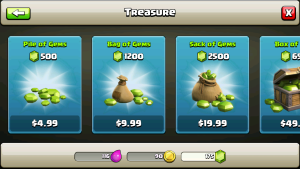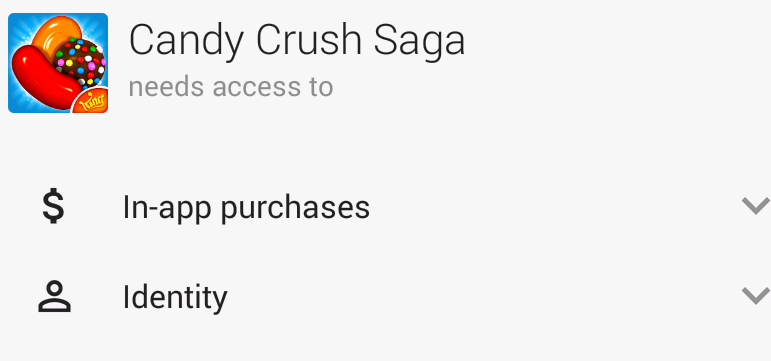Nearly one year ago, I made a “Candy Crush Review,” but it was more of a mockery of their outrageous use of microtransactions. Perhaps, I wasn’t clear enough. Many people, even gamers, don’t understand the disastrous things these mobile gaming trends, more specifically microtransactions, can cause.

First, let’s take a look at how far King, the developers of the Candy Crush Saga, has innovated in the past year. Besides Candy Crush Saga, they have released Candy Crush Soda Saga, Bubble Witch Saga, Bubble Witch 2 Saga, Farm Heroes Saga, Pet Rescue Saga, Diamond Digger Saga, Papa Pear Saga, and Pepper Panic Saga. All these games are basically the same just with a fancy new theme. And the worst part is, they all have microtransactions.
Fourteen years ago, PopCap Games released a similar game, Bejeweled. Bejeweled was a huge success, selling more than 75 million copies. The game had you swap gems to make a chain and you were given bonus points for combos. Sounds familiar, doesn’t it?
King capitalized on Bejeweled’s success by copying the game and adding microtransactions. In fact, they used that same formula for all nine of their games.
Candy Crush Saga now sits on the App Store and the Google Play Store advertising itself as free. That’s the problem. The “free” part of Candy Crush is simply a demo. It is a demo that claims to be the full game.
Candy Crush is definitely not the first game to have microtransactions, and it won’t be the last. This mobile trend has even seeped its way into the AAA games. Dead Space 3, for example, has microtransactions. Your next Total War game could be just another Clash of Clans ripoff.

Why do AAA developers do this? Money, that’s why. But oddly enough, AAA games that contain microtransactions sell less copies than games that don’t. Dead Space 3 had less sales and lower review scores than Dead Space 2, which did not have microtransactions. Also, the recent announcement that Just Cause 3 will not contain microtransactions was generally accepted as something great by game journalists and customers alike.
In other words, there is no reason for developers to do this. It doesn’t make more money, customers hate it, and it takes more work. This trend must be stopped both in mobile and AAA gaming. It ruins the games, and it ruins the industry.

